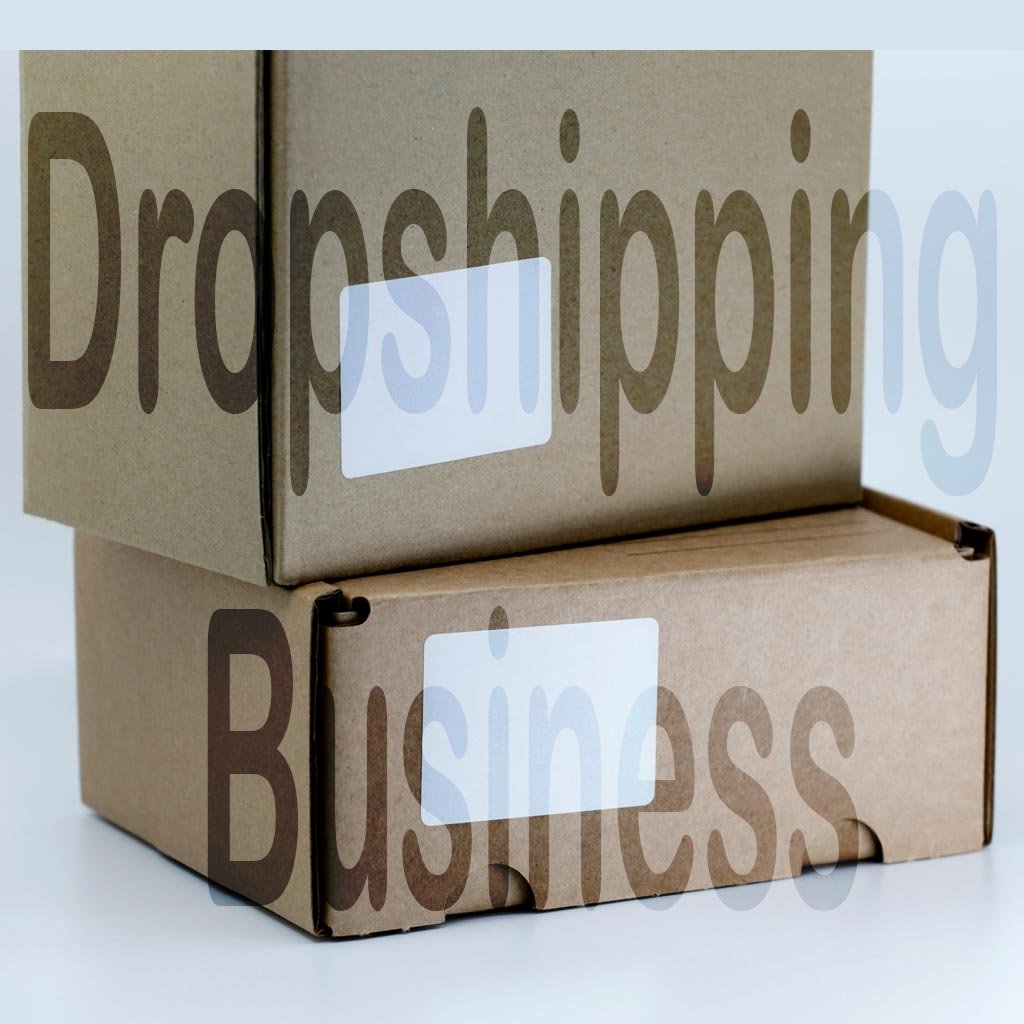
A Comprehensive Guide to Finding Reliable Dropshipping Suppliers
May 11, 2024 | Digital Techtune
Dropshipping has emerged as a popular business model in recent years, offering entrepreneurs a low-risk way to start an e-commerce venture. One of the critical factors determining the success of a dropshipping business is the reliability of suppliers. Finding trustworthy suppliers can be challenging amidst the vast sea of options available online. This comprehensive guide aims to provide actionable insights and strategies to help entrepreneurs identify and partner with reliable dropshipping suppliers.
The Importance of Reliable Suppliers:
The success of a dropshipping business hinges on the quality and reliability of its suppliers. Reliable suppliers ensure timely order fulfillment, product quality consistency, and effective communication. On the contrary, partnering with unreliable suppliers can lead to delayed shipments, subpar products, and ultimately, dissatisfied customers, tarnishing the brand’s reputation and hindering growth.
Key Factors in Identifying Reliable Dropshipping Suppliers:
Product Quality:
- Conduct thorough research on the quality of products offered by potential suppliers.
- Request samples to evaluate product quality firsthand.
- Look for suppliers with positive reviews and ratings from previous customers.
Reliability and Stability:
- Assess the supplier’s track record in terms of order fulfillment and reliability.
- Check for the supplier’s experience in the dropshipping industry.
- Verify the supplier’s stability and financial standing to ensure long-term partnership viability.
Communication and Responsiveness:
- Evaluate the supplier’s communication channels and responsiveness to inquiries.
- Ensure clear and prompt communication regarding order processing, shipping updates, and customer queries.
- Establish a communication protocol to address any issues or concerns promptly.
Shipping Times and Costs:
- Determine the supplier’s shipping times and costs to accurately set customer expectations.
- Choose suppliers with efficient shipping methods and reasonable shipping rates.
- Consider suppliers with multiple shipping options to cater to diverse customer preferences.
Pricing and Profit Margins:
- Compare pricing offered by different suppliers to optimize profit margins.
- Balance competitive pricing with product quality and supplier reliability.
- Negotiate pricing terms with suppliers to secure favorable rates for bulk orders or long-term partnerships.
Inventory Management and Availability:
- Ensure that the supplier maintains adequate inventory levels to fulfill orders promptly.
- Verify the availability of popular products to prevent stockouts and backorders.
- Seek suppliers with robust inventory management systems to track stock levels accurately.
Dropshipping Policies and Terms:
- Review the supplier’s dropshipping policies, including return procedures, restocking fees, and order processing times.
- Clarify any ambiguities in the terms of service to avoid misunderstandings in the future.
- Choose suppliers with flexible policies that align with your business needs and customer expectations.
Supplier Reputation and Reviews:
- Utilize online platforms and forums to research supplier reputation and customer feedback.
- Pay attention to testimonials and reviews from other dropshippers to gauge the supplier’s credibility.
- Beware of red flags such as consistent negative reviews or unresolved disputes.
Strategies for Finding Reliable Dropshipping Suppliers:
Industry Research and Networking:
- Explore industry-specific trade shows, conferences, and networking events to connect with potential suppliers.
- Engage with industry associations and forums to seek recommendations and insights from experienced professionals.
- Join online communities and social media groups dedicated to dropshipping to exchange information and recommendations.
Supplier Directories and Marketplaces:
- Utilize online supplier directories and marketplaces like Alibaba, Oberlo, and SaleHoo to discover a wide range of suppliers.
- Filter search results based on criteria such as product category, location, and minimum order quantity (MOQ) to narrow down options.
- Read supplier profiles, reviews, and ratings to assess credibility and reliability.
Contact Manufacturers and Wholesalers:
- Reach out directly to manufacturers and wholesalers of products you intend to sell to explore dropshipping opportunities.
- Present yourself professionally and emphasize the potential benefits of partnering with your dropshipping business.
- Negotiate terms and agreements tailored to your business requirements while maintaining transparency and integrity.
Supplier Vetting and Due Diligence:
- Perform comprehensive background checks on potential suppliers to verify legitimacy and reliability.
- Request references or testimonials from previous clients to validate the supplier’s track record.
- Conduct online searches and utilize resources like the Better Business Bureau (BBB) to uncover any past disputes or complaints.
Attend Trade Shows and Expos:
- Attend trade shows, exhibitions, and industry expos related to your niche to discover new suppliers and products.
- Take advantage of networking opportunities to establish relationships with suppliers and discuss potential partnerships.
- Collect supplier catalogs and promotional materials for further evaluation and comparison.
Utilize Online Tools and Platforms:
- Leverage online tools and platforms such as Google Trends, Keyword Planner, and Jungle Scout to identify trending products and potential suppliers.
- Analyze market demand and competition to make informed decisions when selecting suppliers and products to dropship.
- Explore e-commerce platforms like Shopify and WooCommerce, which offer integrations with dropshipping suppliers for seamless order management.
Request Samples and Test Orders:
- Request samples from potential suppliers to assess product quality, packaging, and shipping times.
- Place test orders to experience the entire dropshipping process firsthand and evaluate supplier performance.
- Use test orders to gauge communication responsiveness and customer service quality.
Build Relationships and Partnerships:
- Foster strong relationships with reliable suppliers based on trust, transparency, and mutual benefit.
- Communicate openly and proactively to address any issues or concerns promptly.
- Seek opportunities for collaboration and long-term partnerships to create a win-win situation for both parties.
Finding reliable dropshipping suppliers is a crucial step in building a successful dropshipping business. By prioritizing factors such as product quality, reliability, communication, and pricing, entrepreneurs can identify trustworthy suppliers capable of meeting their business needs and exceeding customer expectations. Utilizing a combination of research, networking, and due diligence strategies, entrepreneurs can establish lasting partnerships with suppliers that contribute to the growth and sustainability of their dropshipping ventures. With careful planning and strategic sourcing, entrepreneurs can navigate the competitive landscape of dropshipping and unlock the full potential of this lucrative business model.
